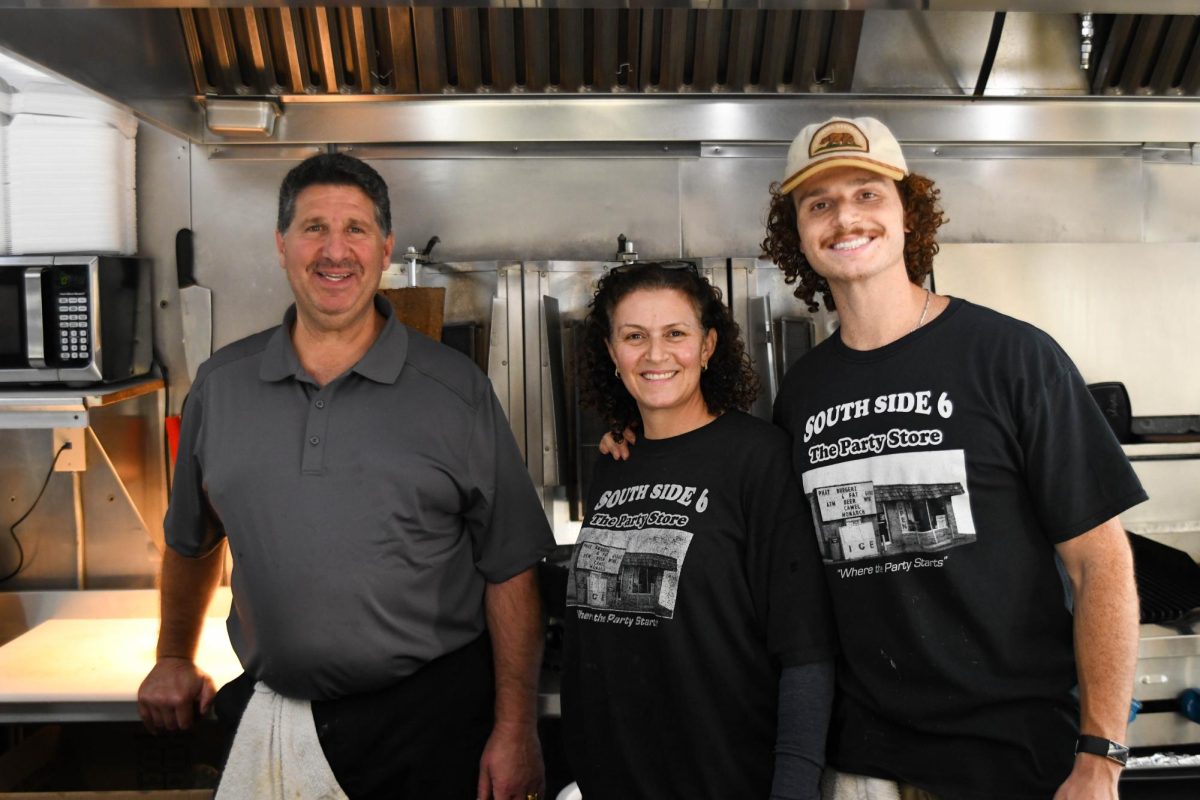Every human has experienced the feeling of being wronged by another in some way, shape or form, whether it was a hurtful comment, a physical attack or the backstabbing treachery of a close friend.
Experiences like these are difficult to forget, harder to let go of and even more challenging to forgive. Anger and resentment oftentimes can be harbored as a weapon to be used as a source of power over the individual you are in conflict with.
Your hatred becomes a form of leverage to instill guilt and shame in your opponent. I know personally the power you can obtain from dangling your disappointment over the head of another.
But all this power can prove unhealthy; hatred is a heavy burden to carry.
My anger and my refusal to forgive others has formed me into a rather cold-hearted individual at times with very little pity or remorse.
But even though I am not a terribly religious person, I have recently been enlightened to the tremendous powers of forgiveness.
For starters, we should give forgiveness a definition.
Forgiveness is not simply an external act of stating to those who have wronged you that you forgive them.
Forgiving someone may be non-confrontational, making it a personal experience in which that person never becomes aware of your forgiveness. This can happen in situations when confronting the one who has wronged you is dangerous or not physically possible.
Forgiveness also does not have to be of another individual. Forgiveness can be of yourself.
As humans we are not perfect, we make mistakes many a time which may cause feelings of regret or shame within ourselves.
These feelings of self-loathing can be just as destructive as harboring anger and resentment. They can rot us from the core, and while, like the feelings of anger, they may give us power for a while, but eventually it will go to our heads.
Forgiveness is a process of recognition and understanding that frees us from the bonds of hate.
There are also several misconceptions about forgiveness.
For one, forgiveness is not forgetting.
Brushing off a wrong committed against you allows for the opportunity for the same wrong to be committed again. It opens the door for a repeat of the exact scenario.
Forgiveness is also not surrender. You are neither surrendering your free will nor your pride.
Forgiveness is actually, in my opinion, a sign of strength and maturity. Forgiveness takes a certain amount of humility that displays tremendous courage when exercised.
Forgiving can be a difficult task. It requires humility and the ability to recognize that you have been wronged.
Often it is a two-way street where you have performed a wrong in an attempt to right the wrong done to you.
People also often feel like they are submitting to their aggressor. They are “caving in” to the wrong done to them.
This idea can be a dangerous block to forgiveness.
I know I myself often times feel that I shouldn’t have to be the one to be the bigger person. My ideas and thoughts are right and just in my mind, I shouldn’t have to apologize for that.
The biggest problem is the pride issue. We humans are a proud creature and do not like the feeling of being humbled, especially if it is concerning a situation in which we were victimized.
Despite these difficulties, forgiveness also has remarkable benefits.
If it is confrontational forgiveness in which you are facing a person who has wronged you, forgiveness can prove as a relationship strengthener; especially if the forgiving involves a family member.
Not only does it help you externally, but internally it lifts and eases the burden of your hatred and resentment. It can remove that terrible heaviness from your heart.
Forgiveness can also build tolerance and encourage understanding between two individuals who are normally at odds.
It makes you a stronger person inside, giving you the courage and confidence to know you can do this again in the future to those who may wrong you down the road of life.
I personally plan on challenging myself to forgive some of those in my life who have wronged me; I challenge you to do the same.







